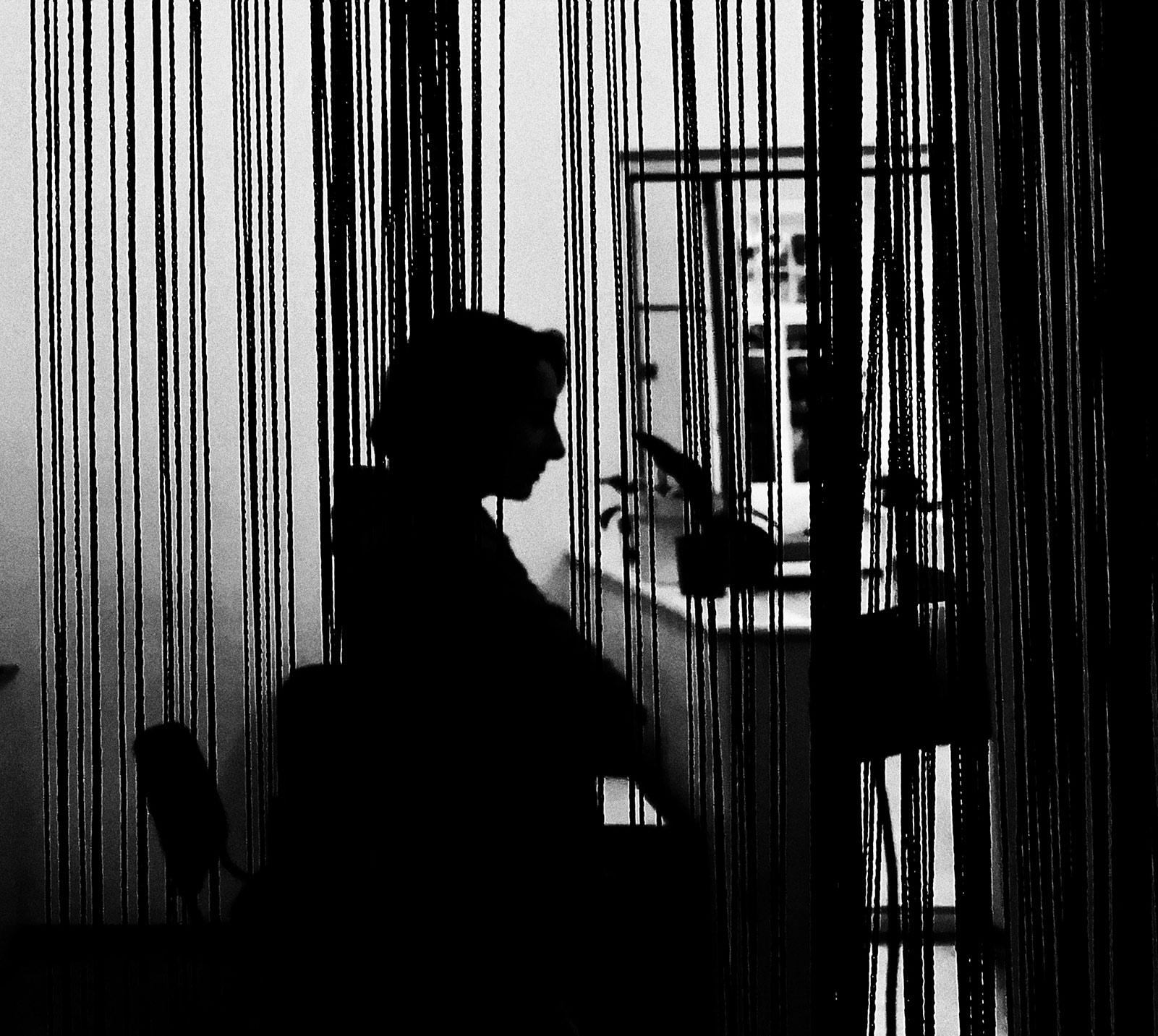Self-Concept
People's collected beliefs about themselves.
People have a sense of who they are—their identity. “Self-concept” sums up collected beliefs that people hold about themselves (Fiske and Taylor, 2017). Depending on the situation, a person’s concept of themself can change. A person may have a conception of themself as an expert and exude confidence when making drawings of buildings but may also perceive themself as a failure when doing math problems.
A person’s self-concept develops and shifts over time through experience. Self-concept steers a person’s thoughts and actions. A person’s self-concept can make them more likely to try things they have never tried and can also cause them to think they are not worthy or able to try those same things. People who believe they are adventurous will be more likely to take risks and to be bold. People who see themselves as creative, inventive, and a world-changer even though others may think the person is peculiar because they have wild ideas.
Designers make objects that people use. Sometimes those products, services, and systems are not quickly adopted because people perceive that the item is too hard to use or is not for people “like them.” When designers consider self-concept as an experience-level aspect for design, they endeavor to design outcomes that will align with a person’s inner-view of themself.
